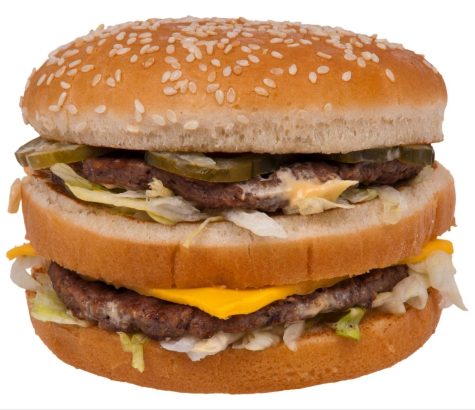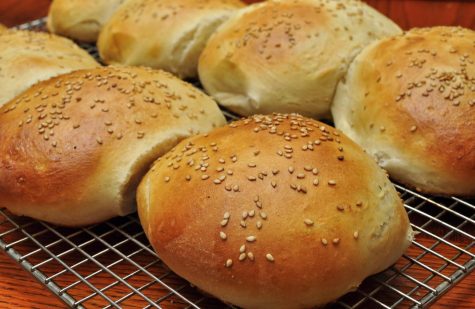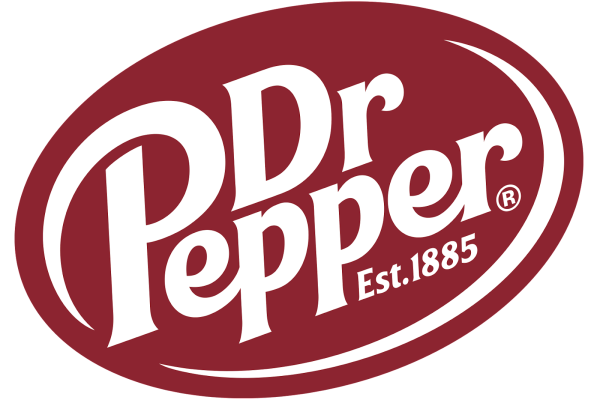Hamburgers: greasy and grimy or protein powerhouse?
Hamburgers, one of the most popular foods worldwide, have a reputation for being greasy and unhealthy junk food. But is this really true? You may soon come to learn that it is not just as simple as ¨healthy or not¨.

Let’s get down to what a burger really is; beef, buns, and garnishments. Burger patties are hard protein, looking at the nutritional contents of a patty, hamburgers are high in both calories and protein. Depending on the patty you can get anywhere from around 10 to 30 grams of protein, but generally, it balances out to be around 20 grams of protein per patty, which according to most health sites is a healthy amount of protein for one meal. Lists have even been made to meet this protein goal, such as one made by Lana Deigh Smith on the ¨eat this, not that¨ website that tries to meet this protein goal, but most of it is adding to foods you may already eat. With a burger, you can meet this protein goal with one delicious hamburger.

But that is just the patty itself, Let’s talk about buns. Burger buns are typically made of white bread, which is known to most people to not be the healthiest choice of bread. However, there are alternatives. Whole wheat buns are on the market if you would like to have a more nutritional choice of bread for your burger. Better yet you can cut out the bun entirely; you could use a vegetable like lettuce to make a lettuce wrap. This probably isn’t necessary unless you are under a diet that strictly requires that you don’t eat any kind of bread. But if you are looking for the healthiest option or simply find it tastier, go right ahead.
On the subject of alternatives, A very relevant fact is that the nutritional contents of a burger depend entirely on what YOU buy. For example, The nutritional value of 90% lean beef for a 4oz patty (according to quick stats of ¨Eat this much¨) is 200 calories, 11g fat, and 22g protein. Meanwhile, on the public Mcdonald’s website, it says the nutritional value of a Mcdonald’s burger is 250 calories, 9g of fat, and 12g of protein. Look at how different these two burgers are, with the 90% lean beef having 50 fewer calories and 10g more protein than the Mcdonald’s burger, it is an obviously better choice.
There are also many assortments of toppings to choose from. You can have a southern-style hamburger that has fried onion rings and bacon added to it while also being drowned in BBQ sauce, or you can have a burger that has basically an entire side of salad on it with lettuce, tomatoes, and raw onions. Again there is a healthy choice and a not-so-healthy choice here. No wonder there is such confusion about how healthy burgers are.
Now let’s get something out of the way, eating too much of any high-calorie food is unhealthy if you aren’t doing anything to actively burn those calories. So if you plan on losing weight quickly purely from going on a diet maybe burgers aren’t the best choice. However, If you plan on exercising, hamburgers can still fit nicely into your diet, in fact, according to an article written by Allison Nemetz It can even be beneficial to weight loss, they claim that burgers contain hormones that increase metabolism by 300 percent. Better yet for those trying to gain weight in muscle, lean beef is a popular food for bodybuilders. A burger that is high in lean beef and low in fat may be a force to be reckoned with for someone trying to build muscle mass.

So clearly, hamburgers get an overexaggerated rep of being a fatty food sure to turn all those who eat them into victims of obesity. But why is this? Well, I think the biggest reason is that hamburgers are most commonly associated with fast food chains. Just like the example earlier in this article, there is a polarizing difference between fast food burgers and burgers you buy at the store and cook yourself. Obviously, the burgers made by fast food chains will not be very healthy, they are not made to be healthy, they are made to be mass produced. Now to be completely fair, burgers are not sin-free. They do have sugars and fats that some people would want to avoid but again, a lot of that depends on the burger YOU buy. Look at the burger you’re buying, look at the information about the burgers before you buy them. This will help minimize the amounts of harmful fats and sugars in the burgers you buy.
So are hamburgers healthy? Well, that depends on you. You can decide to buy the fattiest burgers and the whitest of bread, or buy high protein burgers and healthy toppings. They definitely aren’t as bad as people say they are; just be careful not to eat too much.

















